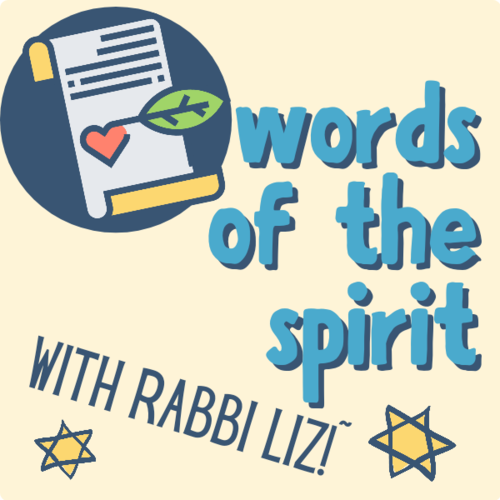|
Whose Christmas Is It? Some Of Ours, Too!
Is this you? You have a “Christmas Family.” They are your in-laws, your grandparents, or your cousins. It could be the beautiful kinship network that is your family-of-choice, or your partner. May your children celebrate with their half-siblings. Maybe, in those years when you go home for the Holidays, your childhood home is festooned with green and red, even as the wax from the spent Hanukkah candles still flashes from the windowsill.
This is us, these days, and it has been us for a while. And it’s time for all of us to see and acknowledge that the ‘we’ that is the contemporary Jewish people include Jews who do Christmas.
Part of what is weighing on me is a tendency to clump all objections or concerns about Christmas into one exclusively blue-and-white wrapped package. Even if the pervasive and relentless commercialization of an ancient religious holy day seems to obliterate and monopolize the season, even when playlists seem to be overtaken by bad covers of classic carols, even though we recognize the MANY Christmas songs penned by Jewish songwriters, even as these and other factors can legit make us cranky, it’s imperative that we lift the weight of shame experienced by the large numbers of Jews who actively participate in Christmas.
In my activist spheres, there’s a phrase: Nothing about us without us. So I’d like to highlight voices of those who speak about this from their lived experience, and encourage you to click on the links below to hear directly from two young Jews speaking eloquently about their Jewish identities, along with their Christmas-celebrating backgrounds.
Catherine Horowitz, a university undergraduate, writes:
I began writing this article intending to interview other Jewish people who celebrated Christmas and see what they thought about it, or if they shared my complex feelings. Quickly, however, I began to realize that the issue ran deeper than Christmas itself. What’s worth exploring is what Christmas has come to symbolize for me and many others: the feeling of shame that I have when I think about it, the feeling of having to prove that I am Jewish enough despite it …
She probes a number of interconnected issues such as assimilation, the impact of liberal-progressive vs. anti-assimilationist Jewish upbringing, and the alienating impact of the Jewish communal “continuity” discourse.
My colleague Rabbi Emily Cohen both celebrates and interrogates her multicultural, interfaith ancestry, and grounds her reflections in Torah, citing the example of our biblical forefather Jacob blessing his grandsons Ephraim and Menasheh, whose mother Asnat is the daughter of an Egyptian priest:
They were raised in Egypt by a Hebrew father and an Egyptian mother. Menasheh and Ephraim may have been bilingual and were certainly bicultural, and Jacob chose them above all his other descendants as role models for future Jewish generations…Next Shabbat, on December 25th, I will be opening presents and having Christmas lunch with my Catholic grandmother, Quaker mother, and Jewish dad and sisters. There might even be a Christmas tree present. I’m a Jew and was raised as such. I trace my ancestry to shtetls in Poland and bustling towns in Prussia. But I also trace my ancestry to the exiled Portuguese Jews-turned-Catholic of the Azores and to the first waves of Pilgrims in New England. While I have always been clear about my religious identity, I have also been equipped to translate between Jewish and non-Jewish traditions. Like my ancestors Menasheh and Ephraim, I understand what it means to walk in multiple worlds and to love and be loved by people who don’t share all my beliefs.
As for me, this Christmas Eve, I’ll be covering for my Christian colleagues as a member of the Multifaith Spiritual Care team at Queensway-Carleton Hospital. Who knows? Maybe, if I’m paged and go in, and the opportunity is right, I can sing one of the many, many, Christmas carols I know from my childhood – not from my home, but from school, from listening to the radio, and then from years of singing in churches. Christmas means something to me, as well, though it wasn’t part of my family of origin.
I can – and we all should – bring to bear as much respect for those who celebrate from within our community as we do to those who celebrate in theirs. Have yourself a merry little erev shabbat/Christmas eve.
Rabbi Liz
|







